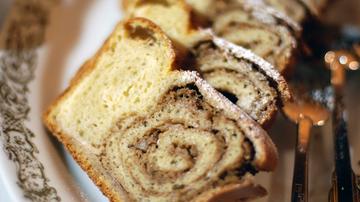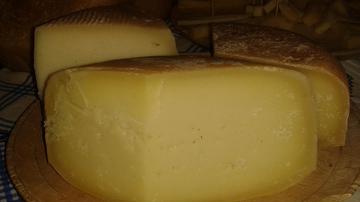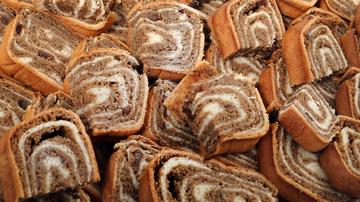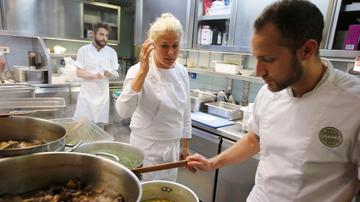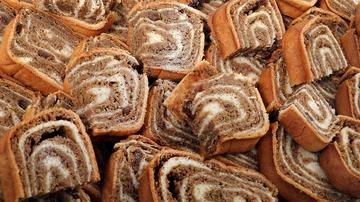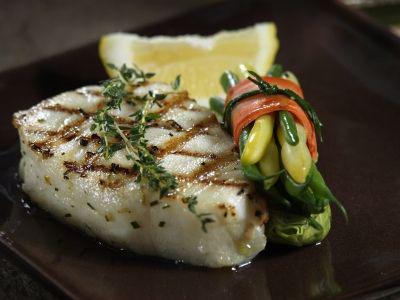 freedigitalphotos.net">
freedigitalphotos.net">
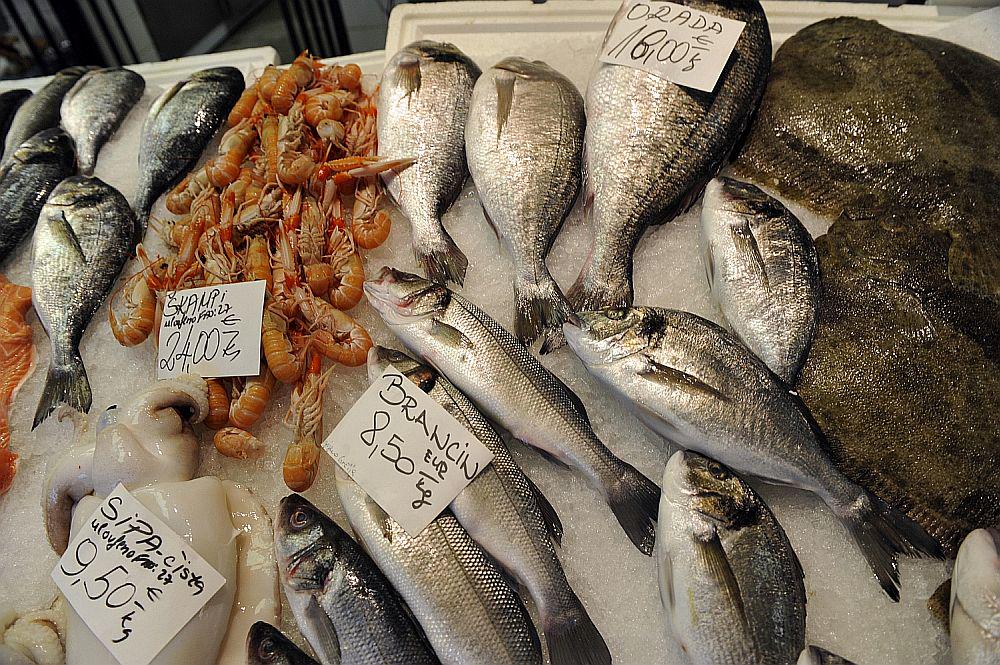
ent people. They know how to make their goulash-like soup for lunch ..."
"...They like conversing and smoking their pipes. Life has toughened them and their life expectancy is unusually long".
Edition Istrien from 1863 (in: Vinčec 2009, p. 90)
The Fritolin fish restaurant is a modest and unassuming place, at least from its outer appearance. It is a small, but cosy establishment in the centre of Portorož, at the sea coast. The restaurant is unique by having its own fishing boat and most of the fish are caught on the same day as they are offered to guests.
The owners of the restaurant are former fishermen, too. They also own a fish shop, which was once located in the same place where the restaurant stands today. The restaurant is proof that the outer appearance is not enough to win guests. Offering fresh food and kind services may be more important. And there are plenty of both at Fritolin, as it may be seen by the long queues of people patiently waiting to get a free table. In order not to keep too many people waiting, the restaurant does not serve coffee or deserts, as these would make guests stay longer. Given the limited number of available tables, the restaurant cannot afford to do so. Fritolin started as a small canteen with barely two tables. It gradually expanded and now offers a good deal of tables and the number of guests is also increasing.
Like any good restaurant, Fritolin offers seasonal dishes. Throughout the year, guests may relish delicious Mediterranean calamari, which are said to be larger and tastier than other sorts of squids. Due to increasing demand, Fritolin may soon no longer be able to fulfil all the expectations of its guests, whose growing numbers are exceeding the restaurant's original capacities. Fritolin claims to offer the cheapest prices of all restaurants. For health reasons, the oil in which fish are cooked is changed 2 to 3 times a day. Calamari and fish soup are the most popular choices of Fritolin's guests. Its staple foods are tomatoes, onions, bay leaves and other herbs. Most of the guests are Slovenians, but there is also an increasing number of guests from Russia.
Mediterranean cuisine is praised as being healthy and promoting longevity. Its benefits are recognised both by medical experts and food specialists. Most dishes are simple but absolutely delicious and are made from natural and healthy ingredients. The Mediterranean diet is primarily based on plant foods like vegetables - aubergines, courgettes, red peppers, artichokes, tomatoes, cereals - wheat, rice, spelt, corn, barley), legumes - chickpeas, peas, beans, fruits-grapes, figs, peaches, apricots, fresh spices - basil, thyme, rosemary, marjoram and olive oil. Olive oil has been a staple part of Mediterranean cuisine since ancient times. Due to its high content in unsaturated fatty acids (up to 80 per cent), it is considered to be beneficial to the heart and the vascular system. Fish and other seafood are also an important part of Mediterranean food, particularly blue fish such as sardines, tuna, mackerels and anchovies, all of which are abound in the Mediterranean sea. Fish are rich in iodine, which is an important element in the healthy functioning of thyroid gland. They are also rich in proteins which promote an overall healthy organism and in omega-3 fatty acids which protect the heart and the vascular system.
Here are some typical Mediterranean dishes to help bring a warm Mediterranean aroma into your home: aubergine moussaka, paella with meat, sausage and shrimps, meat lasagna, ratatouille, falafel, tapenade, salad Nicoise, bouillabaisse, grilled anchovies and vegetables, Mediterranean fried chicken, shish kebab with rosemary, spaghetti with seafood, greek chicken shish kebab, baklava with almonds and pistachios, tiramisu.
Vesna Žarkovič, SINFO




















































